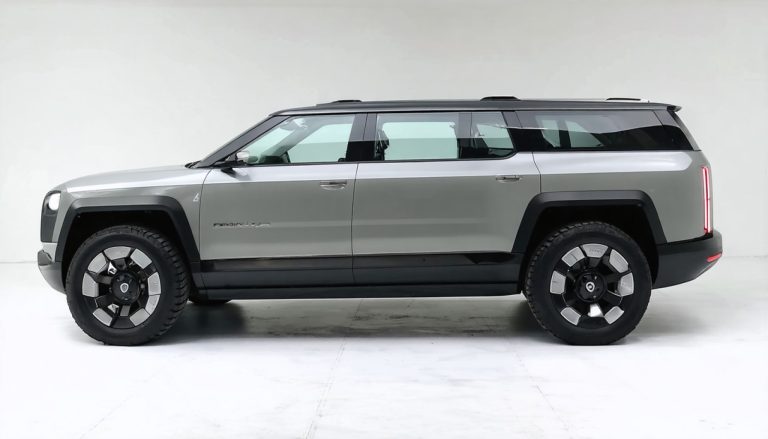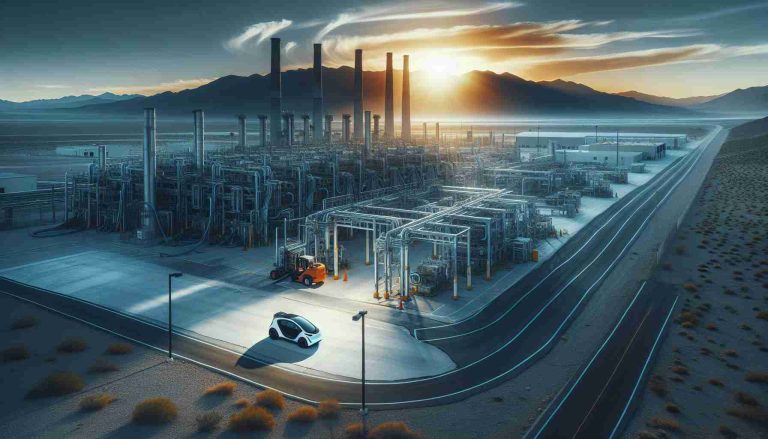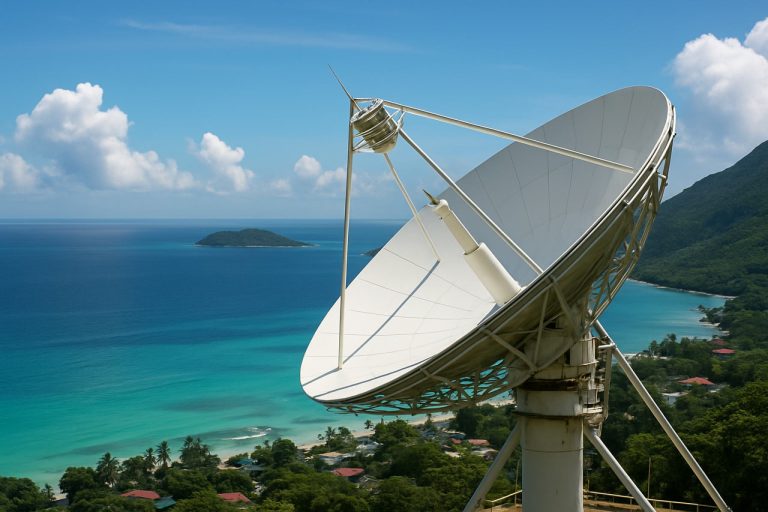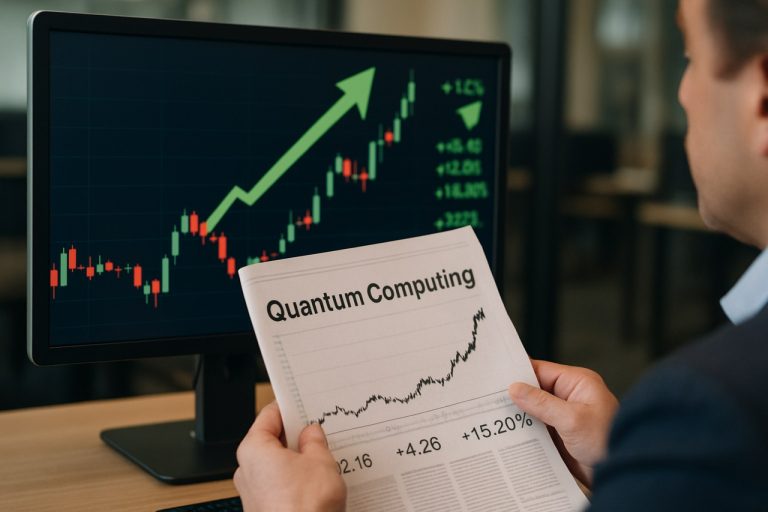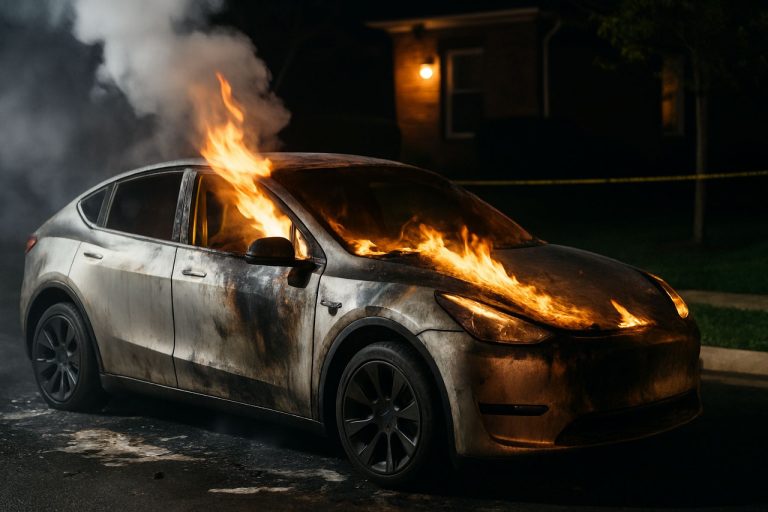Economics
Economics is the social science that studies how individuals, businesses, governments, and societies make choices about allocating scarce resources to satisfy their needs and desires. It encompasses the analysis of production, distribution, and consumption of goods and services, as well as the behavior and interactions of economic agents. Economics is divided into two main branches: microeconomics, which focuses on the actions of individuals and firms and how they respond to changes in supply and demand, and macroeconomics, which examines the aggregate outcomes in the economy, including growth, inflation, unemployment, and monetary or fiscal policies. Economists use theories and models to interpret data, forecast economic trends, and provide insights into various economic phenomena. The primary objective of economics is to understand how economies function and how economic agents make choices to improve their well-being.
